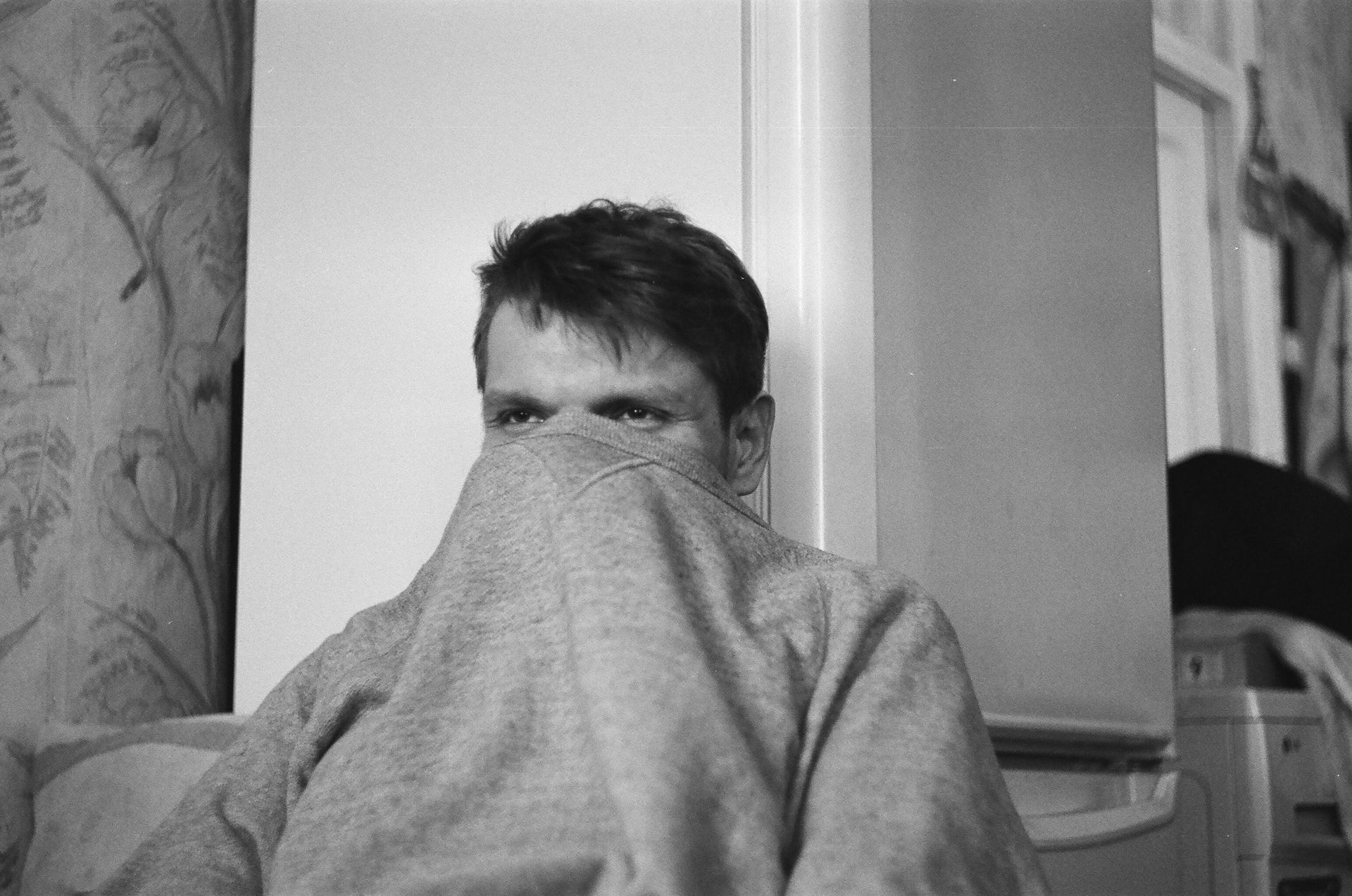The Hidden Reality of Sex Addiction; Signs, Impact, and How to Break Free
The Hidden Reality of Sex Addiction

Living a Double Life: The Hidden Struggle of Sex Addiction
The neon glow of the city reflected in the rain-slicked pavement as Morgan stepped out of an upscale hotel, straightening their suit jacket. The lingering scent of perfume and alcohol clung to them—a reminder of yet another anonymous encounter. Escorts, massage parlors, fleeting one-night stands—each interaction was purely transactional. It wasn’t about intimacy or connection; it was an escape, a way to momentarily silence the inner turmoil no amount of professional success could erase.
At home, Morgan's partner was sound asleep, unaware of the double life being led. Their children would soon wake, expecting a warm breakfast and a goodbye hug before school. But Morgan's mind was already elsewhere—searching for the next thrill, the next high, the next fleeting sense of control. As the CEO of a thriving healthcare tech company, with an MBA and a six-figure salary, they outwardly had it all. Yet beneath the surface, their world was crumbling. Each morning brought crushing guilt; each night, the cycle repeated.
Then came the breaking point—a missed anniversary dinner, a partner growing suspicious, unexplained charges on credit card statements. Confrontation was inevitable. Staring into the mirror, Morgan barely recognized the person looking back. The charm, the confidence—nothing but a carefully crafted mask. At work, deadlines were slipping, hushed conversations hinted at concern, and the cracks were no longer hidden. Their life was no longer manageable.
Understanding Sex Addiction
Sex addiction, clinically recognized as compulsive sexual behavior disorder (CSBD), is marked by persistent, uncontrollable sexual thoughts, urges, or actions that disrupt daily life (Cleveland Clinic, 2022). Much like gambling or substance addiction, CSBD rewires the brain’s reward system, driving compulsive behaviors despite negative consequences. Those struggling with it often justify their actions: “It’s just stress relief.”
"This is just how men are." “It's not cheating if emotions are not involved." ”“I can stop whenever I want.” But these rationalizations only deepen the cycle of addiction.
The Neurobiology of Sex Addiction
Scientific studies reveal that CSBD alters brain function in areas responsible for impulse control, reward processing, and emotional regulation. Key brain structures affected include the prefrontal cortex, amygdala, and striatum, particularly the nucleus accumbens—integral to addiction-driven cravings and reinforcement (Kowalewska et al., 2018). These neurological shifts fuel compulsive behaviors, making it difficult for individuals to break free despite mounting personal and professional consequences.
Sex addiction is not solely a concern for men. Research indicates that 46% of women clinically meet the criteria for sex addiction, only an 8% difference from the 54% of men who meet the criteria. For women, sex addiction is often more closely linked to emotional dysregulation and trauma. Disruptions between the limbic system, which governs emotions, and the prefrontal cortex, which manages impulse control, contribute to compulsive sexual behaviors as a means of coping (University of Cambridge, 2018). Women with avoidant attachment styles may engage in detached, transactional sex to maintain emotional distance, whereas those with preoccupied attachment styles may seek compulsive sexual encounters for validation (Stephan & Bachman, 1999).
Many women with preoccupied attachment often exhibit hypersexual behavior and may be misdiagnosed with Borderline Personality Disorder due to their high impulsivity and promiscuity. They frequently do not recognize that their behaviors are part of a cycle of sex addiction—characterized by repeated episodes of impulsivity, temporary relief, and subsequent feelings of shame before the cycle restarts.
Psychological and Social Influences
Beyond neurobiology, psychological and social factors play a significant role in sex addiction. Research consistently shows that many individuals with CSBD have histories of early trauma, including:
72% experiencing physical abuse
81% experiencing sexual abuse
97% experiencing emotional abuse
These experiences often occur within rigid, disengaged family systems where shame is pervasive. Studies indicate that:
77% of those with sex addiction came from rigid family structures.
87% were raised in disengaged family environments.
68% experienced both rigidity and disengagement in their upbringing.
The combination of trauma, attachment disruptions, and social stigma surrounding sex addiction often leads individuals—particularly women—to suffer in silence, believing their struggles are symptoms of other mental health disorders rather than a distinct condition in need of treatment.
Seeking Help and Breaking the Cycle
Sex addiction can be isolating, but recovery is possible with the right support. Addressing both the neurological and psychological components of CSBD is crucial to long-term healing. Therapy, support groups, and evidence-based interventions help individuals regain control and build healthier relationships with themselves and others.
If you or someone you know struggles with a sex addiction please know we at The Trinity Integrative Holistic Medicine & Counseling Services PLLC understand the complexity and the deep emotional turmoil it causes. We provide outpatient services via tele-health , in-person and in-home therapy to those battling addictions and mental health.Our Founder and CEO Vannah Hughes is an addiction expert dedicated to helping those who struggle with compulsive sexual behaviors find a path to healing. Whether you're battling shame, struggling to regain control, or seeking support, we are here to guide you through recovery.
There is hope, and help is available. We have a great clinical team of experienced therapist who provides guidance for individuals caught in these cycles, offering professional treatment strategies tailored to each person's unique challenges.
You don’t have to navigate this alone—help is available, and recovery is within reach.
- References
- Cleveland Clinic. (2022). Compulsive sexual behavior disorder (CSBD).
- Kowalewska, E., et al. (2018). The neurobiology of compulsive sexual behavior: Insights from addiction models.
- University of Cambridge. (2018). Emotional regulation and sex addiction: A neuroscientific perspective.
- Stephan, C., & Bachman, G. (1999). Attachment styles and compulsive sexual behavior.
- If you or someone you know is struggling, reach out today. Recovery starts with a single step.
Written By: Vannah Hughes, MA, NCAC-II, LCDC, CSAT,RYT-200










